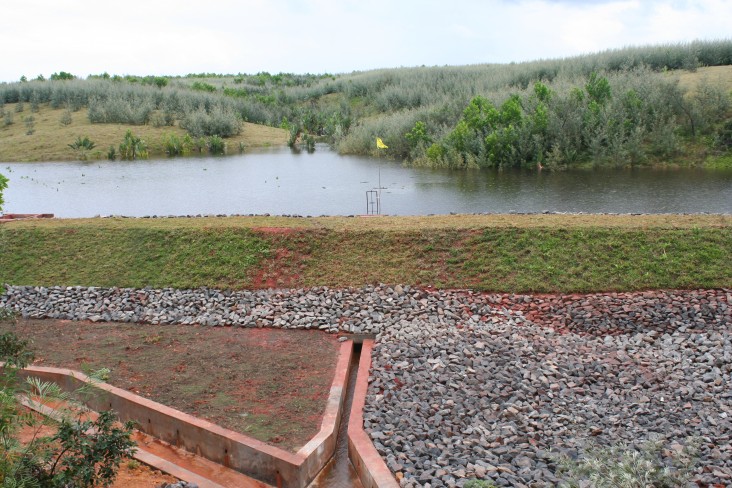Speeches Shim
Madagascar is one of the poorest countries in the world where malnutrition is widespread. In fact, over a third of households lack adequate food at any given time of the year. In addition, Madagascar is highly exposed to climate hazards. Over the past 35 years, more than fifty natural disasters have struck the Big Island, and cyclones, drought, floods and locust invasions have affected the lives of more than half the population. These natural disasters have brought in their wake food shortages and epidemics including malaria.
USAID 's response to food insecurity targets the most vulnerable and under-nourished communities in Madagascar through the creation of income opportunities for rural households. It also strengthens maternal and child nutrition during the lean agricultural period, along with providing dietary supplementation to pregnant and nursing mothers and toddlers. In addition, USAID is working with farmers groups to improve production techniques to increase food production.
USAID also reforests thousands of hectares and rehabilitates thousands of kilometers of rural feeder roads to improve access to markets and social services, and restores networks of irrigation canals that feed large tracts of farmland. These projects are carried out in such a way as to make communities more resilient in the face of natural disasters.

Learn more
Fact Sheet: Food Security in Madagascar
The U.S. government response and status of the current drought in southern Madagascar


Comment
Make a general inquiry or suggest an improvement.